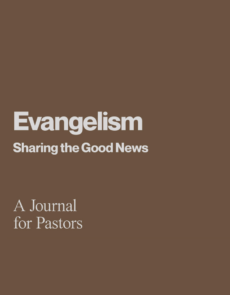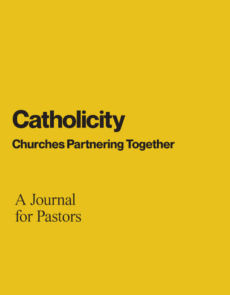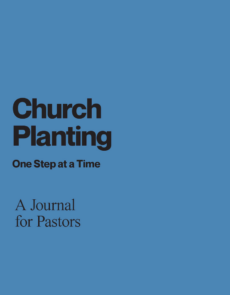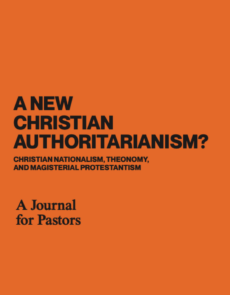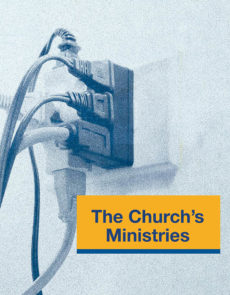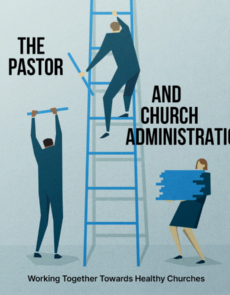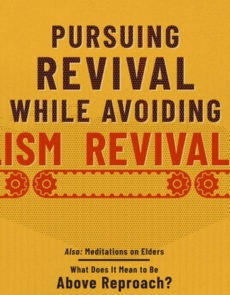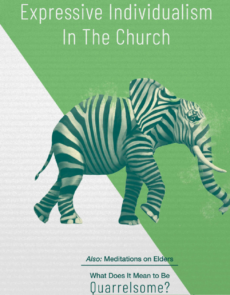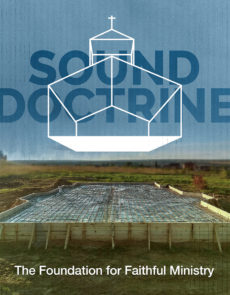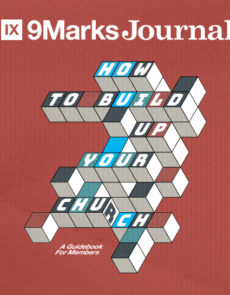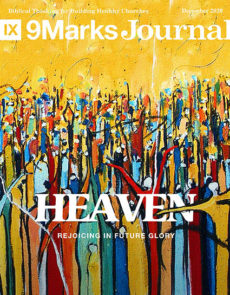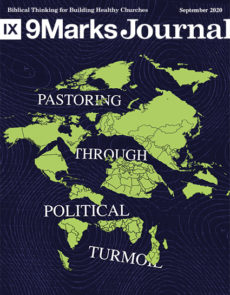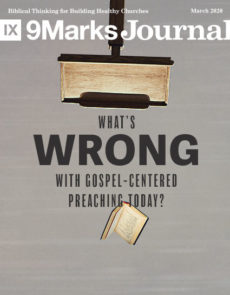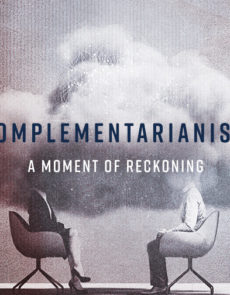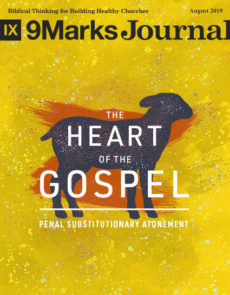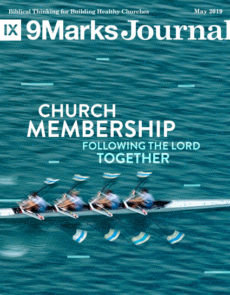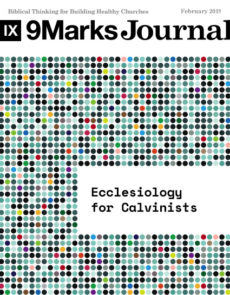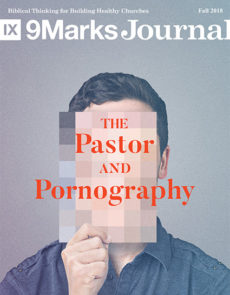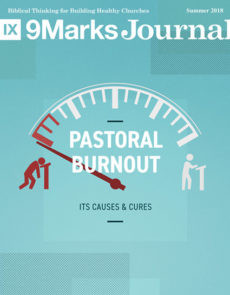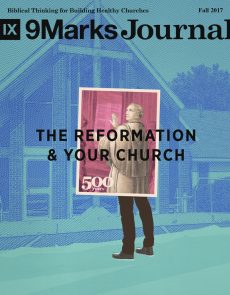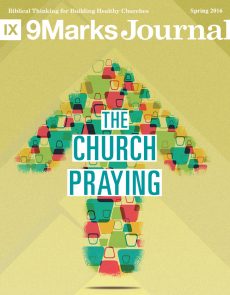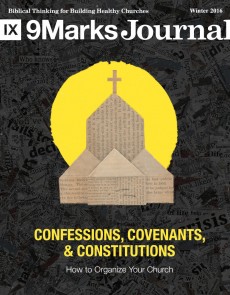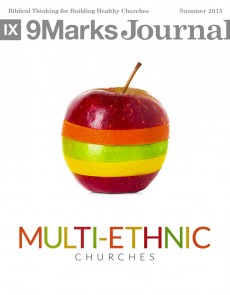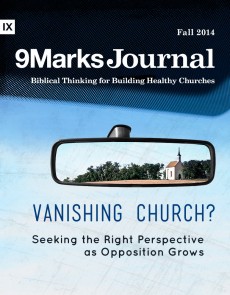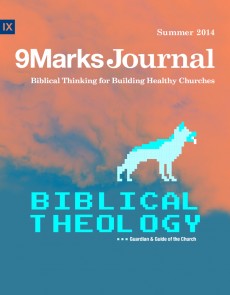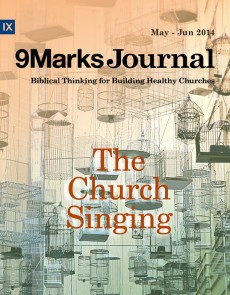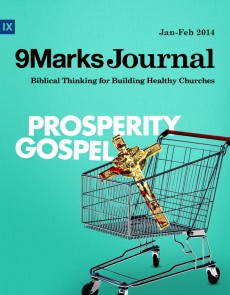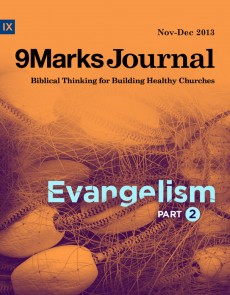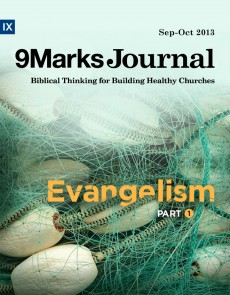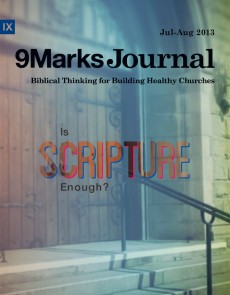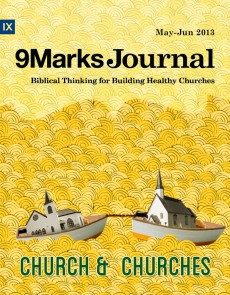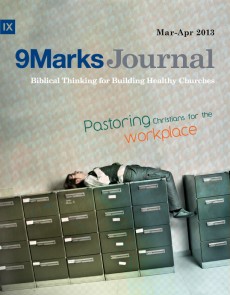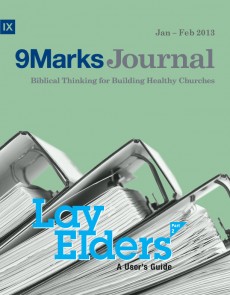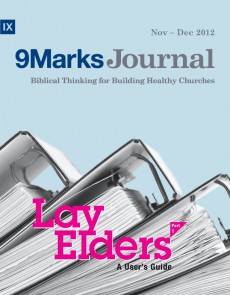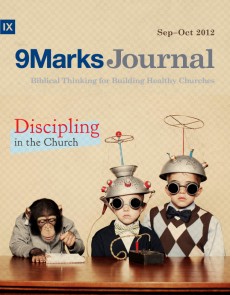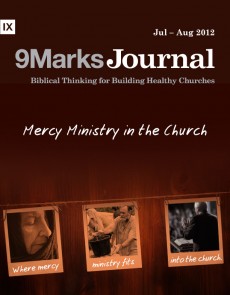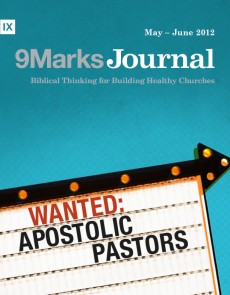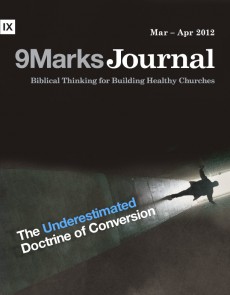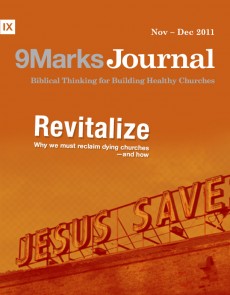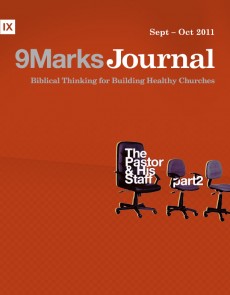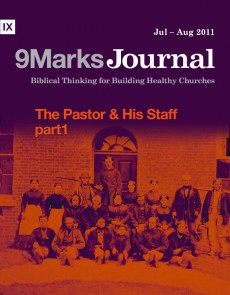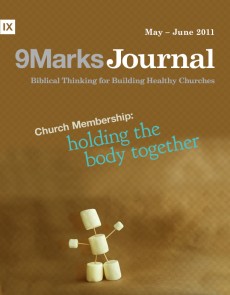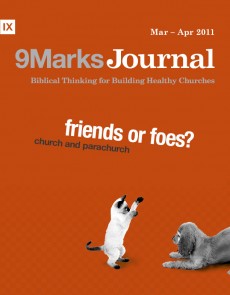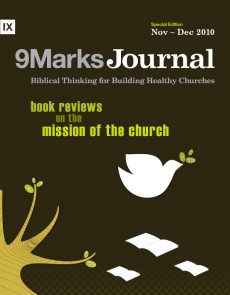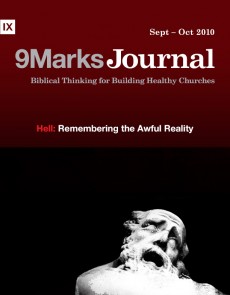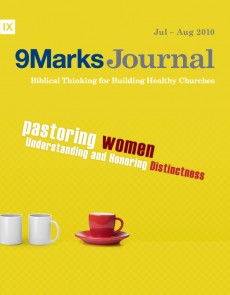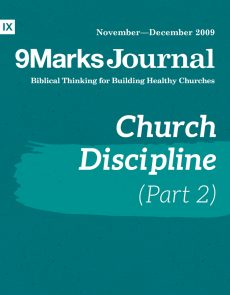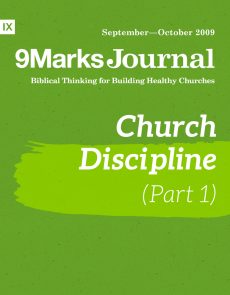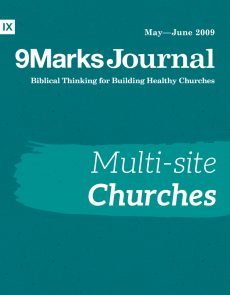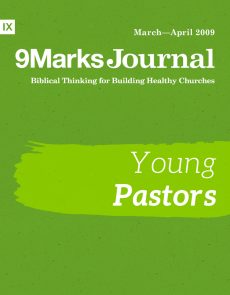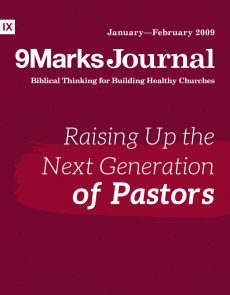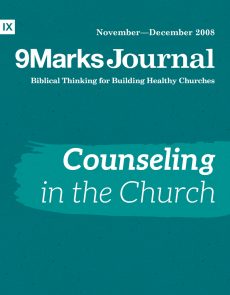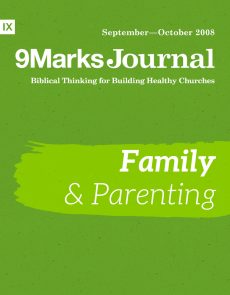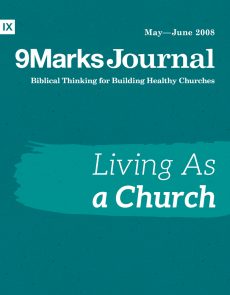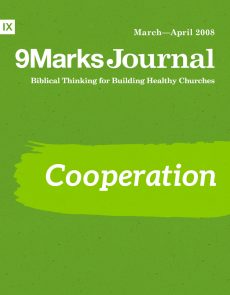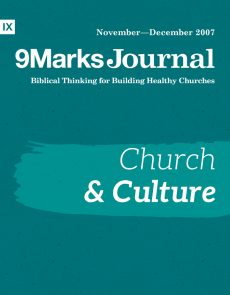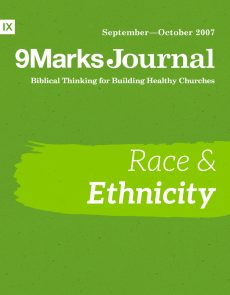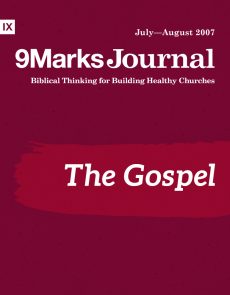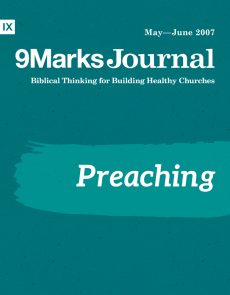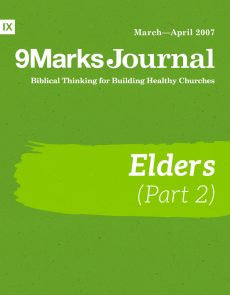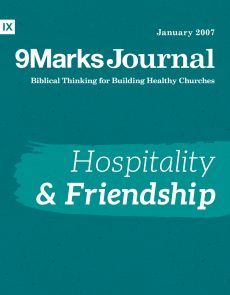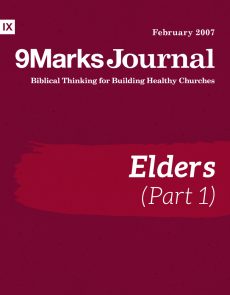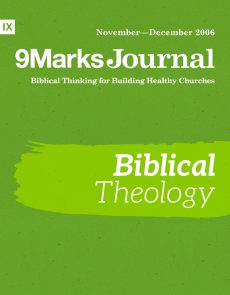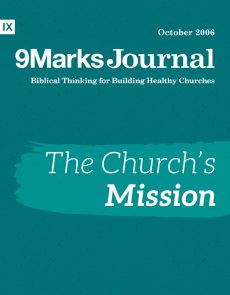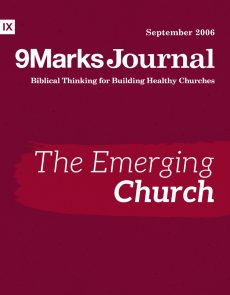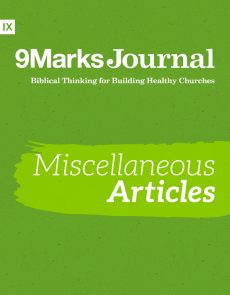Introducing Expressive Individualism

Why Pastors Need to Understand an Abstract Topic Like “Expressive Individualism”
By Justin Harris | 9Marks Journal: Expressive Individualism in the Church | 03.18.2022In many ways, ministry in the 21st century West really is the best of times and the worst of times. Some unhealthy churches have fully capitulated to the rise and triumph of the modern self. Others have effectively rebelled against its influence.

Do 9Marks Churches Foster Expressive Individualism?
By Ben Wright | 9Marks Journal: Expressive Individualism in the Church | 03.18.2022Few demographic tribes are more likely to “amen!” a critique of attractional church methodology than 9Marks readers. But are we guilty of cultivating individualism, too?

Summary of Carl Trueman’s, The Rise and Triumph of the Modern Self: Cultural Amnesia, Expressive Individualism, and the Road to Sexual Revolution
By John Benton | 9Marks Journal: Expressive Individualism in the Church | 03.18.2022Haven’t been able to read through Trueman’s book? Check out this 5000-word summary.

Book Review: Strange New World, by Carl Trueman
By Allen Duty | 9Marks Journal: Expressive Individualism in the Church | 03.18.2022Strange New World is a remarkable combination of depth and readability, clearly presenting the arguments from his earlier work without sacrificing essential background information or insightful analysis.

How Do We Find Our Identity in Christ?
By Brian Rosner | 9Marks Journal: Expressive Individualism in the Church | 03.18.2022The new self we are to put on is Jesus Christ, who represents God’s new humanity. It is not that we thereby lose our individuality. But who we are is brought to completion in him.
Expressive Individualism and the Church

Expressive Individualism and the Church
By Carl Trueman | 9Marks Journal: Expressive Individualism in the Church | 03.18.2022Like our sinful natures, expressive individualism is something that will inform our intuitions and our understanding until the day we die. So what do we do about it?

Preaching in the Age of Expressive Individualism: Telling the Story of Our New Identity
By Michael Lawrence | 9Marks Journal: Expressive Individualism in the Church | 03.18.2022Preach the Word. Apply it to your people’s lives. Tell them who they are in Christ. Remind them where they are in his story. The Word will do the rest.

Pastoring Singles in the Age of Self
By Sam Allberry | 9Marks Journal: Expressive Individualism in the Church | 03.18.2022Our context makes the Christian life of singleness all the more challenging, and the healthy pastoring of single people all the more urgent.

You’re a Pastor, Not a Therapist
By Jeremy Pierre | 9Marks Journal: Expressive Individualism in the Church | 03.18.2022Pastor, you’re not a therapist. You hold a longer-term position in the lives of your people.

Church Discipline and Expressive Individualism
By Jonathan Parnell | 9Marks Journal: Expressive Individualism in the Church | 03.18.2022What happens when a member’s “inward quest for personal psychological happiness” contradicts the teaching of Scripture? Who decides whether that’s true?

The Ordinances: A True and Better Identity Politics
By Bobby Jamieson | 9Marks Journal: Expressive Individualism in the Church | 03.18.2022What can unearth and uproot and undermine the unbiblical assumptions that animate identity politics and threaten to tear apart what God has joined together? I would submit a simple, perhaps surprisingly obvious answer.

Raising Children in an Age of Expressive Individualism
By Abigail Dodds | 9Marks Journal: Expressive Individualism in the Church | 03.18.2022The world is awash in self-identity and the need to express it far and wide. So what do parents do?

The Pastor and an Unmessianic Sense of Non Destiny
By Carl Trueman | 9Marks Journal: Expressive Individualism in the Church | 03.18.2022We all need to cultivate that certain unmessianic sense of non-destiny which will make us better citizens of the kingdom.

Youth Ministry and the Rise and Triumph of the Modern Self
By Walt Mueller | 9Marks Journal: Expressive Individualism in the Church | 03.11.2022Have our youth ministries been complicit in expressive individualism’s cancerous spread within the body of Christ?
Expressive Individualism and the Internet

“You’ve Got Self:” How the Internet Cultivates Expressive Individualism in All of Us
By Samuel D. James | 9Marks Journal: Expressive Individualism in the Church | 03.18.2022The liturgies of assembled, embodied, gospel worship point us toward one set of beliefs and values, while the liturgies of Internet membership point us toward a different set.

Social Media Is Designed to Divide Churches—So What Do We Do?
By Clare Morell | 9Marks Journal: Expressive Individualism in the Church | 03.18.2022How should Christians in general and pastors in particular think about discipling amid the proliferation of social media?
Gender, Sexuality, and Expressive Individualism

Questions about Gender Should Send Us to Scripture
By Thomas R. Schreiner | 9Marks Journal: Expressive Individualism in the Church | 03.18.2022In some circles, cultural arguments receive precedence over scriptural ones—as if they alone have the final say on the truth or falsity of a particular biblical interpretation.

If You Want to Address LGBTQ Issues, Then Address Expressive Individualism
By Ryan Fullerton | 9Marks Journal: Expressive Individualism in the Church | 03.18.2022If you want to help your church know what to make of the LGBTQ movement, as well as their own personal temptations, you’ll want to understand the soil out of which it grows.

Expressive Individualism, Embodied Telos, and How to Be an Anti-Winfrey
By Andrew T. Walker | 9Marks Journal: Expressive Individualism in the Church | 03.18.2022Pastor, your job is to honor and celebrate the embodied persons that God created every man and woman to be, and to teach your congregation to do the same.
Elder Meditation: “An Elder Must Not Be Quarrelsome”

Are You Principled or Just a Contentious Jerk?
By Paul Martin | 9Marks Journal: Expressive Individualism in the Church | 03.18.2022So how do you know if you’re principled or just a contentious jerk?

What Is the Root of Quarrelsomeness and How Does It Get Fixed?
By David Dunham | 9Marks Journal: Expressive Individualism in the Church | 03.18.2022A prideful and insecure heart will destroy a ministry, but a humbled heart can serve the Lord and his church well.

How Do We Recognize Quarrelsome People?
By Nathan Loudin | 9Marks Journal: Expressive Individualism in the Church | 03.18.2022The Bible expects us to discern quarrelsome people. But how?

What Does Proverbs Teach about Being Quarrelsome?
By Mark Redfern | 9Marks Journal: Expressive Individualism in the Church | 03.18.2022What can we learn from the book of Proverbs about what it means to be quarrelsome?

Are you Contending for the Truth or Quarrelsome?
By Paul Alexander | 9Marks Journal: Expressive Individualism in the Church | 03.18.2022So how do we tell the difference between fighting the good fight and just argumentative?

What Does Paul Mean By “Quarrelsome”?
By Will McKinney | 9Marks Journal: Expressive Individualism in the Church | 03.18.2022A quarrelsome, contentious person wants to argue and fight the right issues, but they do so usually at the wrong time and in the wrong way. Does this describe you?

Free Download
PDF, ePub, and Kindle files will be sent to this email address. As part of our community, you will receive content & communication from 9Marks. You may unsubscribe at any time.
Support 9Marks
Our work is possible by the generosity of our readers. Give Today









